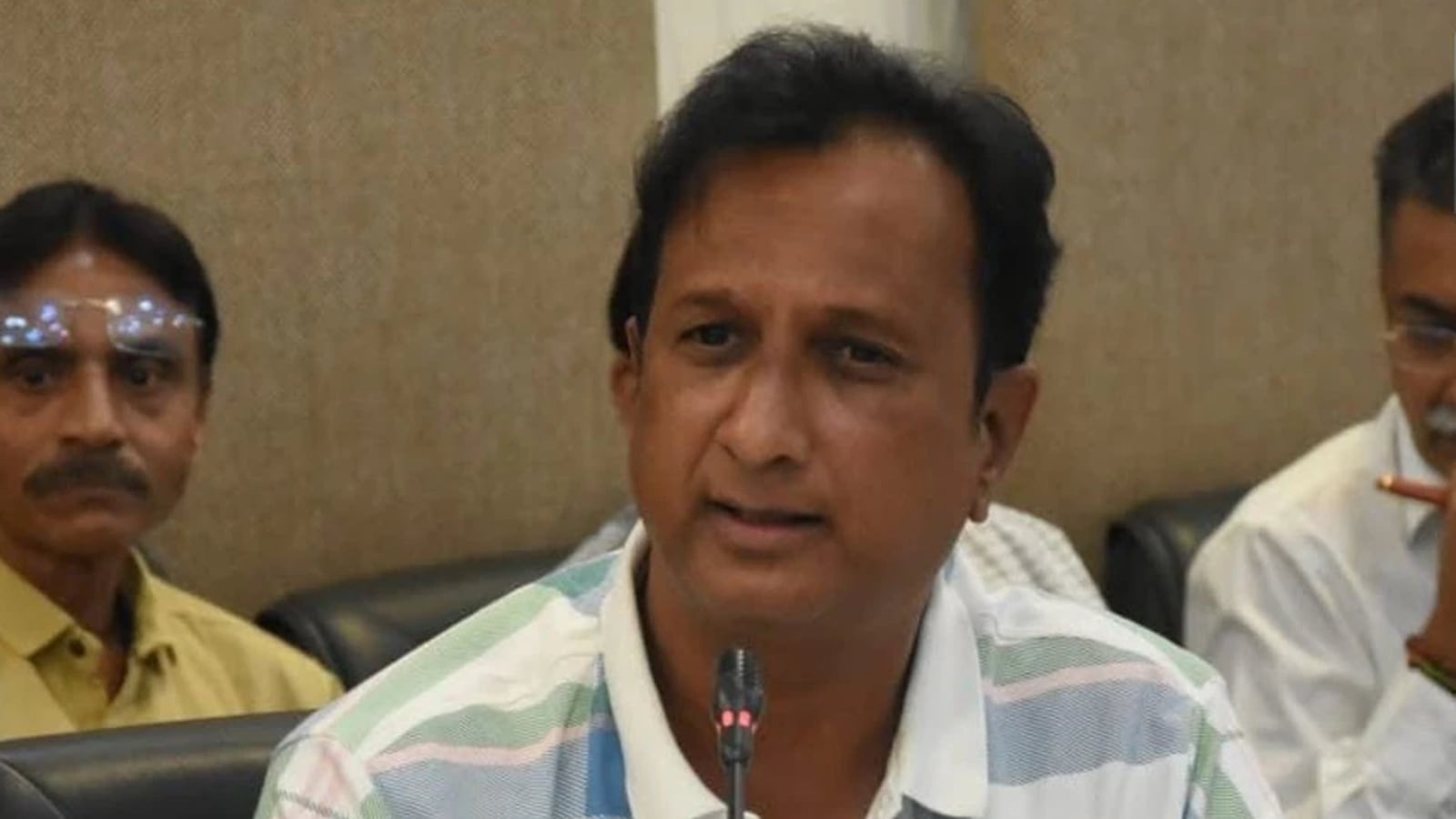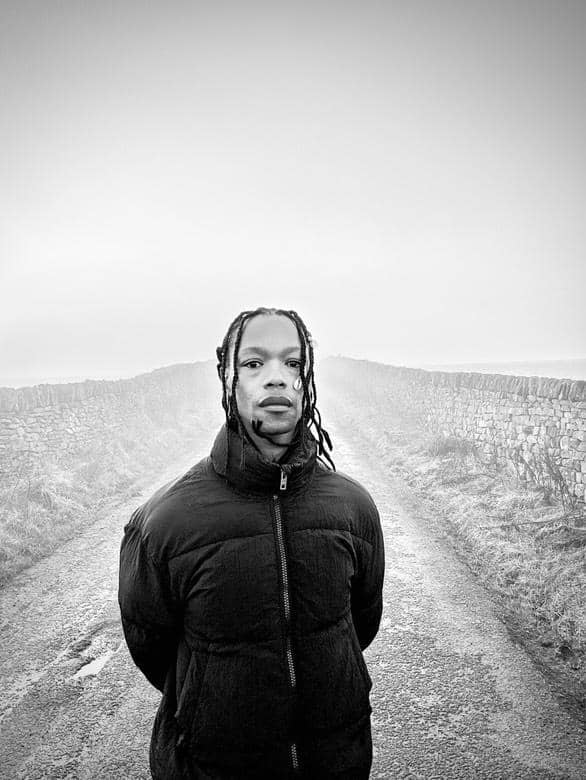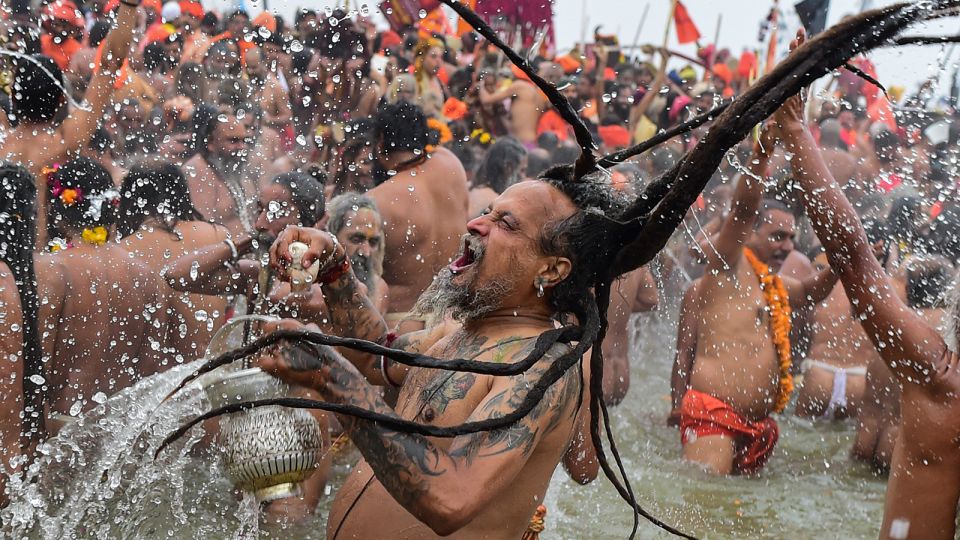Viral Misinformation: Religious Event in Iraq Misrepresented as Political Duterte Rally
Religion
2025-03-27 08:48:26Content
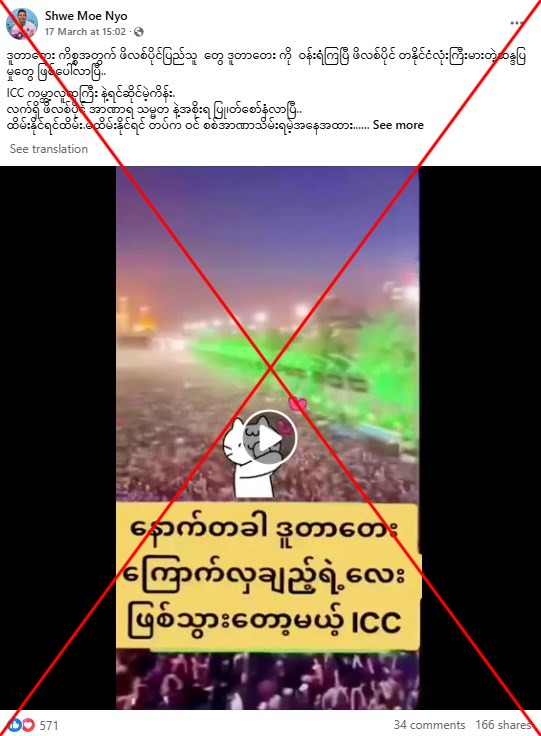
A wave of controversy has erupted following the arrest of former Philippine President Rodrigo Duterte on charges of crimes against humanity. Passionate supporters of the polarizing leader have taken to the streets in protest, but a viral social media narrative has been quickly debunked.
Dramatic images circulating online appeared to show massive crowds rallying in support of Duterte, seemingly demonstrating widespread public backing for the embattled politician. However, fact-checkers have revealed a crucial detail: these purported protest images are actually footage from a religious gathering in Iraq, completely unrelated to the Philippine political situation.
The misrepresentation highlights the complex and emotionally charged nature of Duterte's legal challenges, as well as the potential for misinformation to spread rapidly through social media channels. While his supporters remain vocal, the international community continues to scrutinize the serious allegations against the former president.
The incident underscores the ongoing tensions surrounding Duterte's controversial legacy, particularly his brutal anti-drug campaign that drew international condemnation for alleged human rights violations. As legal proceedings move forward, the world watches closely to see how this dramatic chapter in Philippine political history will unfold.
Viral Misinformation Unmasked: The Truth Behind Duterte's Protest Narrative
In the complex landscape of modern media and political discourse, the spread of misinformation has become an increasingly prevalent challenge, particularly in the realm of social and political narratives. Recent events surrounding former Philippine President Rodrigo Duterte have highlighted the critical importance of fact-checking and media literacy in an era of rapid digital communication.Exposing the Deceptive Power of Social Media Manipulation
The Context of Duterte's Legal Challenges
The legal proceedings against Rodrigo Duterte have sent shockwaves through the Philippine political landscape, creating a complex narrative of political tension and public sentiment. Following his arrest on crimes against humanity charges, supporters have mobilized to express their solidarity and challenge the allegations. However, the digital realm has become a battleground of perception, where truth and fiction blur into a dangerous narrative landscape. The allegations stem from Duterte's controversial war on drugs, which drew international condemnation for its alleged extrajudicial approach and widespread human rights violations. His supporters have consistently defended his actions as necessary measures to combat crime, while human rights organizations have persistently called for accountability.The Anatomy of Digital Misinformation
Social media platforms have emerged as powerful tools for narrative manipulation, allowing rapid dissemination of carefully crafted visual content designed to evoke emotional responses. In this specific instance, footage purportedly showing a massive rally in support of Duterte was revealed to be a complete fabrication, originating from an unrelated religious event in Iraq. This revelation underscores the sophisticated methods employed by digital manipulators who strategically use visual content to create false narratives. The image, seemingly authentic at first glance, was carefully selected to create an illusion of widespread public support for the embattled former president.The Psychological Mechanics of Viral Misinformation
The spread of such manipulated content reveals deep psychological mechanisms at play in digital communication. People are inherently drawn to narratives that confirm their existing beliefs, a phenomenon known as confirmation bias. In Duterte's case, supporters are more likely to uncritically accept and share content that aligns with their political perspectives. Digital platforms exploit these psychological vulnerabilities, using algorithms that prioritize engagement over accuracy. The result is a self-reinforcing cycle where misinformation spreads rapidly, creating alternative realities that can significantly impact public perception and political discourse.Global Implications and Media Literacy
The Duterte misinformation case is not an isolated incident but part of a broader global challenge. Democracies worldwide are grappling with the erosion of truth in digital spaces, where sophisticated manipulation techniques can instantaneously reach millions. Media literacy has become a critical skill in navigating this complex information landscape. Individuals must develop critical thinking skills, learn to verify sources, and approach digital content with healthy skepticism. Educational institutions, technology companies, and governments all have crucial roles to play in combating the spread of misinformation.Technological and Ethical Responses
Addressing digital misinformation requires a multifaceted approach. Technological solutions like advanced fact-checking algorithms, improved content verification mechanisms, and transparent platform policies are essential. Simultaneously, ethical frameworks must be developed to balance freedom of expression with the need to prevent harmful misinformation. The case of Duterte's fabricated rally serves as a powerful reminder of the ongoing battle for truth in the digital age. It demonstrates the critical importance of rigorous fact-checking, media literacy, and a collective commitment to preserving the integrity of public discourse.RELATED NEWS
Religion

Faith in Focus: Global Religious Trends Reshape Spiritual Landscapes on March 14
2025-03-14 00:24:01
Religion
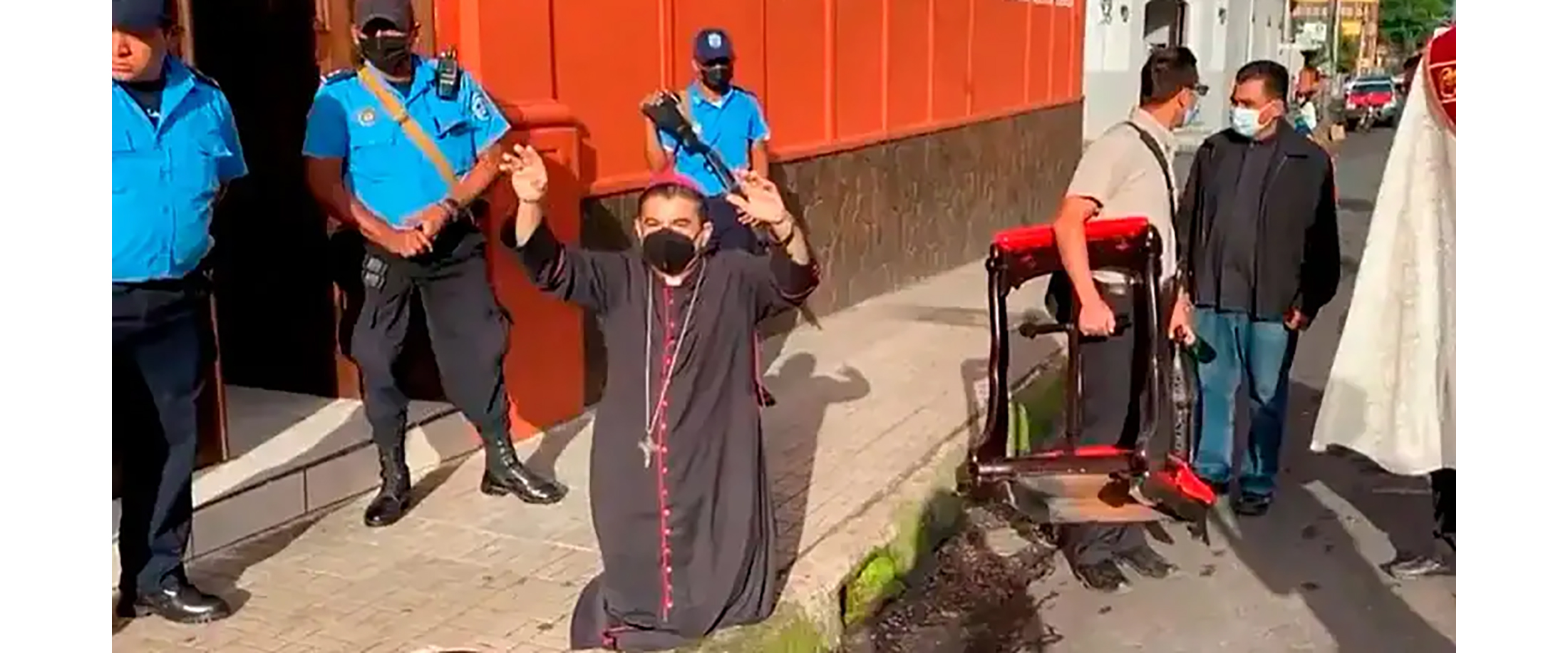
Power and Prejudice: How Authoritarian Regimes Weaponize Religious Oppression
2025-03-31 02:15:01
Religion
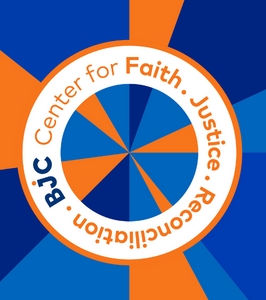
Breaking Barriers: The Profound Journey of Religious Liberty in Modern Society
2025-03-24 12:00:00
